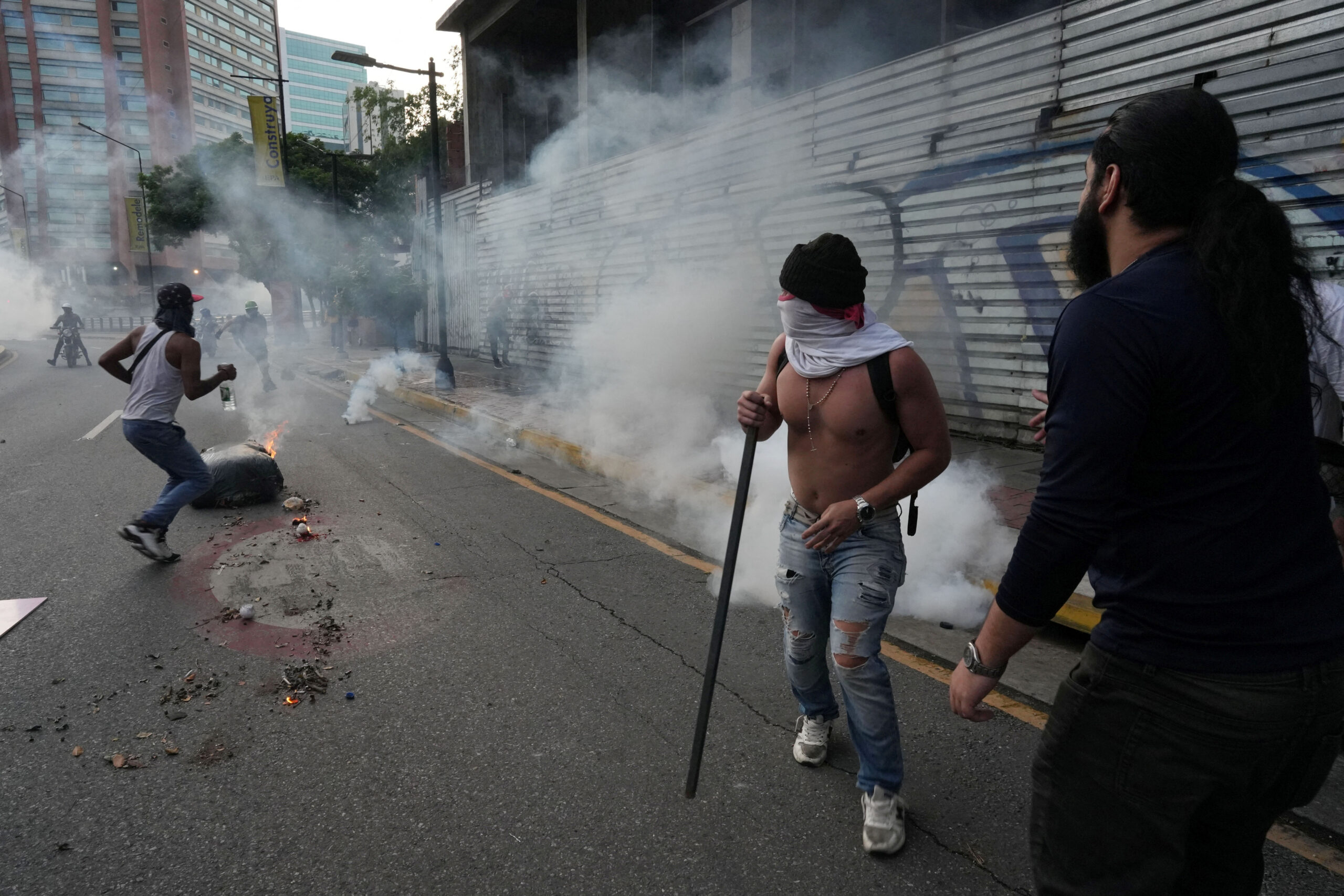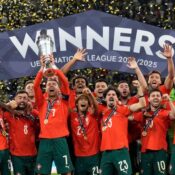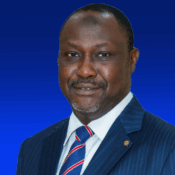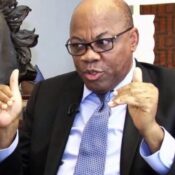
Protests against Maduro have grown as the opposition in Venezuela claims he stole votes
As protests and altercations escalated following the weekend election that handed the long-ruling socialist president of Venezuela an electoral victory—despite opposition claims of a landslide—both supporters and opponents of Nicolas Maduro prepared to gather on Tuesday.
The international community reacted differently to the renewed unrest in the oil-producing nation of South America. China and Russia congratulated Maduro on his reelection, but the United States claimed it lacked credibility and was considering further sanctions.
After the election board announced on Monday that Maduro had secured 51% of the vote for a third term, extending the 25-year rule of his “Chavista” movement, protests broke out.
The opposition, which believes that a dictatorial government controls the electoral board, claimed that their candidate, Edmundo Gonzalez, got more than twice as many votes as Maduro based on the 73% of vote tallies that it had access to.
Numerous Venezuelans organized “cacerolazos,” a kind of traditional Latin American protest in which demonstrators beat pots and pans in a fit of rage.
Protests spread to the Miraflores presidential palace in Caracas, where some people set fires, stopped highways, and threw petrol bombs at police.
“We demand a change in administration because we are sick of it. Venezuelan freedom is what we seek. One demonstrator wearing a mask remarked, “We want our families to return here. We know that about a third of Venezuelans have left in recent years.”
“I’ll defend the democracy in my nation. Another person said, “They stole the election from us.”
In Caracas and the city of Maracay, police using shields and batons used tear gas to break up some protesters.
A large number of protesters either wrapped themselves in the Venezuelan flag or clogged the streets on motorbikes. Some wore scarves over their faces to shield themselves from tear gas.
Their label from the authorities is violent agitators.
From the presidential residence, Maduro declared, “We’ve seen this movie before,” promising that security personnel would maintain order. “We have been following all of the acts of violence promoted by the extreme right.”
He has had the support of the military for a long time, and there were no indications that generals were defying the administration.
Protesters in Coro, the capital of Falcon state, applauded and danced as they demolished a statue of Maduro’s mentor, former president Hugo Chavez, who presided from 1999 to 2013.
By 6 p.m. on Monday, the Venezuelan Conflict Observatory, a local monitoring organization, had recorded 187 protests in 20 states, with “numerous acts of repression and violence” being carried out by security forces and paramilitary organizations.
DEATHS
In relation to the vote count or protests, at least two persons lost their lives—one in Maracay and the other in the border state of Tachira.
Following Chavez’s death in 2013, 61-year-old Maduro, a former union leader and foreign minister, won election and was re-elected in 2018. Both votes, according to the opposition, were manipulated.
Along with enormous migration and worsening ties with the West, he has presided over an economic collapse and sanctions from the US and the EU that have severely damaged the already fragile oil industry.
The “terrible situations of 2014, 2017 and 2019” were marked by waves of anti-government rallies that resulted in hundreds of deaths but failed to topple Maduro. His Defense Minister, Vladimir Padrino, issued a warning against permitting a repetition of those events.
Independent pollsters deemed Maduro’s win improbable, and governments in Washington and throughout Latin America expressed doubts about the outcome and called for a complete tallying of the votes.
“Even Maduro does not think that the election fraud he is celebrating is real,” stated President Javier Milei of Argentina.
Peru issued a 72-hour directive for Venezuelan ambassadors to go, citing “serious and arbitrary decisions made today by the Venezuelan regime.”
However, in a well-known global divide, Maduro was backed by friends like China, Russia, and left-leaning Latin American countries.
President Xi Jinping congratulated Venezuela and stated, “China will, as always, firmly support Venezuela’s efforts to safeguard national sovereignty, national dignity, and social stability, as well as firmly support Venezuela’s just cause of opposing external interference.”
Leading opposition figure in Venezuela, Maria Corina Machado, who led Gonzalez’s campaign despite being disqualified from the election, issued a call for marches on Tuesday.
“My dear Venezuelans, tomorrow we meet; as a family, organized, demonstrating the determination we have to make every vote count and defend the truth,” she continued.
Pro-Maduro demonstrations are also being planned by the government, which worries many Venezuelans about another wave of bloodshed and violence akin to those in the country’s troubled recent past.
All Categories
Recent Posts
Tags
+13162306000
zoneyetu@yahoo.com



